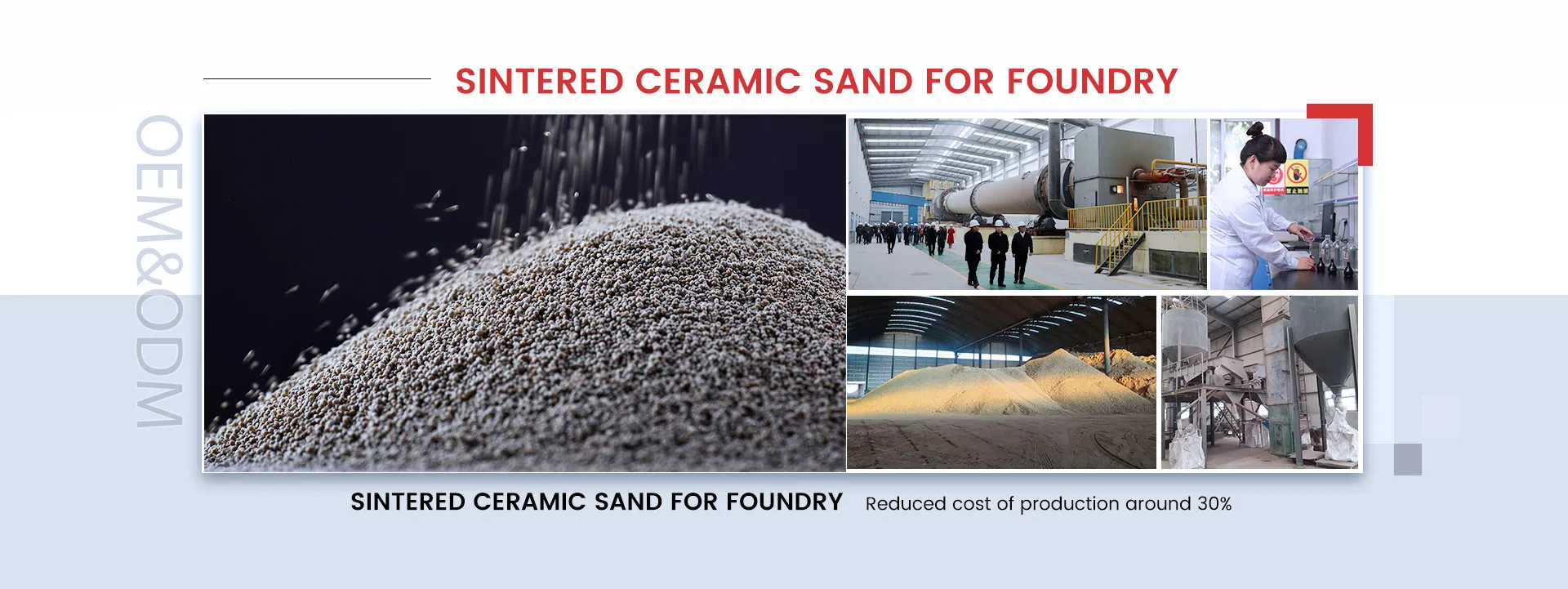Understanding Fine Casting Sand The Backbone of Quality Metal Casting
Fine casting sand plays a crucial role in the metal casting industry. It serves as the primary mold material, shaping the final products that are essential in various sectors, including automotive, aerospace, and manufacturing. This article provides an overview of fine casting sand, highlighting its properties, types, applications, and importance to successful casting processes.
What is Fine Casting Sand?
Fine casting sand is a high-quality, finely graded sand used to create molds and cores for casting metals. Its properties define the surface finish and overall quality of the castings produced. The fine texture allows for intricate designs and fine details, which are often required in industrial applications. The ideal casting sand must have appropriate grain size, shape, and distribution to ensure optimal performance.
Key Properties
1. Grain Size and Distribution Fine casting sand typically consists of grains that are smaller than those used in general sand casting. This fine grain structure enhances the molding characteristics and allows for capturing intricate details.
2. Shape and Angularity The shape of the grains affects the ability of the sand to hold together and form a stable mold. Rounded grains tend to create less resistance and provide a smoother finish, while angular grains support better packing density.
3. Thermal Stability When exposed to high temperatures during the metal pouring process, the sand must withstand heat without breaking down. Fine casting sand is engineered to possess high thermal stability, reducing the likelihood of defects such as expansion defects or mold burn-on.
4. Permeability This refers to the ability of the sand mold to allow gases to escape during the metal pouring process. Fine casting sand is designed to have optimal permeability, which prevents pressure build-up and defects in the final casting.
5. Reusability One significant advantage of fine casting sand is its ability to be reclaimed and reused. After the casting process, the sand can be cleaned and reprocessed, making it a more economical and environmentally friendly option compared to other materials.
fine casting sand

Types of Fine Casting Sand
Several types of fine casting sand are commonly used in the industry, including
- Silica Sand This is the most commonly used sand, known for its high thermal stability and excellent casting properties. - Olive Sand A natural sand that consists primarily of olivine, it offers superior thermal properties and exceptional casting finishes. - Chromite Sand This type is known for its heat resistance and is often used for casting steel and alloy molds. - Synthetic Sands These are engineered sands created from a mix of silica and other additives to enhance specific properties, such as flowability and cohesiveness.
Applications in Metal Casting
Fine casting sand is utilized in various metal casting processes, including
- Green Sand Casting A traditional method where wet sand is mixed with clay and water, allowing for easy shaping and high permeability. - Shell Molding A process that involves creating thin molds using fine sand and a thermosetting resin, providing excellent surface finish for intricate designs. - Investment Casting While not a direct application of sand, fine sand can be used in mold-making for the shell, allowing for high-precision casting of complex components.
Importance in the Metal Casting Industry
The use of fine casting sand is paramount in producing high-quality castings that meet stringent industry standards. The right choice of fine casting sand can influence the final product's dimensional accuracy, surface finish, and overall integrity. As technology evolves, advancements in sand treatment, reclamation methods, and material innovation continue to enhance the efficiency and effectiveness of fine casting sand.
Conclusion
Fine casting sand is fundamental to the metal casting industry, influencing the quality and precision of final products. Its unique properties make it a vital component in various casting processes, ensuring that high standards are met in manufacturing. As industries continue to grow, the importance of fine casting sand will undoubtedly remain a cornerstone of success in metal casting operations.
Post time:ታኅሣ . 04, 2024 18:46
Next:sand castings
